Pahalgam massacre: While Pakistan pulled the trigger, China loaded the gun
- Update Time : Wednesday, May 7, 2025
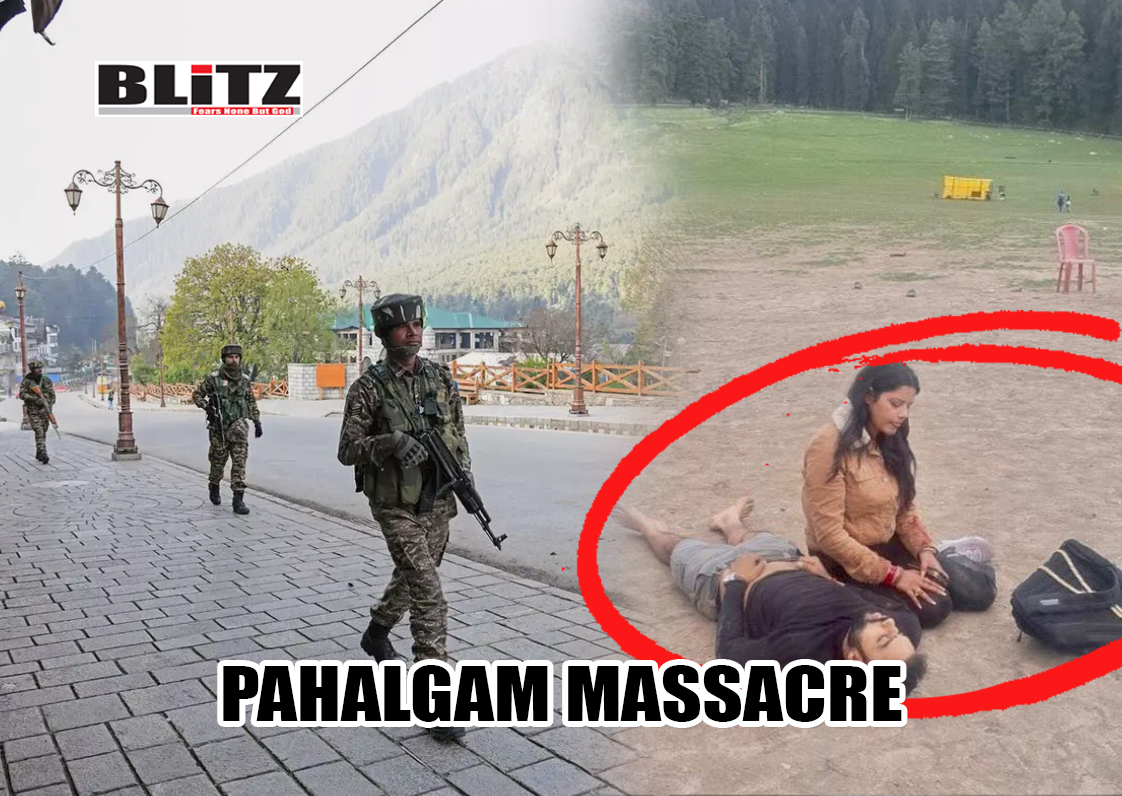
On April 22, 2025, the serene town of Pahalgam in Jammu and Kashmir a jewel of India’s natural heritage was turned into a graveyard. Twenty-six Indian tourists, many of them women and children, were gunned down in a cowardly terrorist assault. As the news unfolded, so did the predictable choreography: statements of condemnation, candlelight vigils, and the usual finger-pointing toward Pakistan. But this time, that narrative is not enough. This time, the evidence and the silence demand a more courageous question: Is China the real hand behind the horror of Pahalgam?
For decades, India’s national security discourse has focused justifiably on Pakistan as the primary exporter of jihadist terror. Pakistan’s military intelligence complex, spearheaded by the ISI, has nurtured terror as a tool of asymmetric warfare. But while we’ve been busy confronting Islamabad, a more calculating and capable adversary has been manipulating events from afar in Beijing.
Let’s examine the pattern. In multiple terror attacks across Jammu and Kashmir over the past two years, Chinese-made weapons, encrypted communication tools, and tactical equipment have been recovered. These aren’t weapons bought casually on the black market. They represent a deliberate, sustained supply chain. The logistics point to a sophisticated proxy strategy a hallmark of China’s geopolitical playbook. This is not mere coincidence; it’s policy.
The timing of the Pahalgam massacre also warrants scrutiny. Since the deadly Galwan Valley clashes in 2020, India has been vigilant along the Line of Actual Control (LAC). China has bristled at India’s bolstered defense posture and deepening alliances with the West. One way to weaken India’s strategic focus? Open another front through terrorist proxies force India to divert military and intelligence resources inward, toward the Valley. This isn’t just hybrid warfare. It’s geopolitical chess played with blood.
China doesn’t need to bomb cities or invade territories to destabilize rivals. Its methods are subtler, deadlier, and plausibly deniable. From cyber intrusions to debt-trap diplomacy to indirect sponsorship of rogue states, Beijing thrives on keeping its fingerprints off the crime scene but make no mistake, the crime is real, and the consequences, are deadly.
Even more damning than weapon traces is China’s reaction or lack thereof after Pahalgam. Beijing issued a carefully worded, toothless statement, urging “dialogue and restraint”. There was no outright condemnation of terrorism, no solidarity with India, no moral clarity. Worse, at the United Nations Security Council, China worked hand-in-glove with Pakistan to dilute the official statement, ensuring that Pakistan was not named or blamed. This is not neutrality. This is complicity in disguise.
We must ask: why would China go to such lengths to protect Pakistan on the international stage? The answer lies in strategy. Pakistan is China’s launchpad into South Asia, its outlet to the Arabian Sea, and a crucial node in the China-Pakistan Economic Corridor (CPEC). A weak, unstable, and India-obsessed Pakistan is in Beijing’s interest. It keeps India bogged down and distracted, while China marches ahead globally.
And yet, despite this, India’s strategic community remains muted. Decades of cautious diplomacy, economic entanglement, and political inertia have conditioned us to be “pragmatic” with China. We sign Memorandums of Understanding with Chinese companies by day and bury our civilians by night. This moral dissonance is unsustainable. The Pahalgam tragedy should serve as a national reckoning.
If we truly want to honor the innocents slaughtered in Pahalgam, we must act on multiple fronts:
Acknowledge the China-Pakistan Terror Nexus Publicly: No more diplomatic hedging. The time has come to tell the world the truth that China is not just Pakistan’s ally, but its enabler in state-sponsored terrorism. India must lead a global campaign to expose this alliance for what it is: a threat to international peace and security.
Begin Economic Decoupling from China: Every Chinese app downloaded, every gadget imported, and every infrastructure contract awarded indirectly funds Beijing’s global ambitions including its silent war against India. It’s time to move beyond token bans and initiate a strategic disengagement from Chinese supply chains.
Strengthen Covert and Intelligence Capabilities: India’s intelligence ecosystem needs to be empowered not just to intercept and prevent attacks but to strike at the root. This includes targeting not just the terrorists, but the ecosystem that funds, trains, and shelters them from Rawalpindi to Shenzhen.
Forge Stronger Alliances with Like-Minded Nations: The Quad, Indo-Pacific partnerships, and intelligence-sharing with Western powers must be deepened. China thrives when it isolates its targets. The antidote is multilateral coordination.
This isn’t just a war of bullets; it’s a war of narratives. China’s image as a “responsible global power” must be shattered by the reality of its silent complicity in terror. We must stop being afraid to confront the dragon because it wears a suit. Appeasement is not a strategy. It’s surrender.
There’s also a cultural shift required. We must stop viewing terrorism as episodic and disconnected. Each attack, from Pulwama to Pahalgam, is part of a broader campaign to break the Indian spirit economically, psychologically, and geopolitically. And increasingly, China is the benefactor of that campaign.
The blood spilled in Pahalgam demands more than mourning. It demands courage political, strategic, and moral. The real question India must ask is not whether China fired the bullet, but whether it funded the bullet, transported the gun, trained the shooter, and then tried to bury the truth under layers of diplomacy.
If we ignore this reality now, Pahalgam will not be an aberration it will be the new normal. The tourists who died came to find peace and were met with terror. Their deaths should not be used as just another footnote in India’s long, tragic story of victimhood.
Let this be the moment India reclaims its narrative, names its enemies without fear, and begins the long-overdue strategic shift that national security demands. Let us not light candles for the dead while handing matches to those who burn us.
In the memory of Pahalgam’s martyrs, and the name of future generations, India must act. Not just with anger – but with clarity, purpose, and unflinching resolve.
Because in this war, silence is surrender.


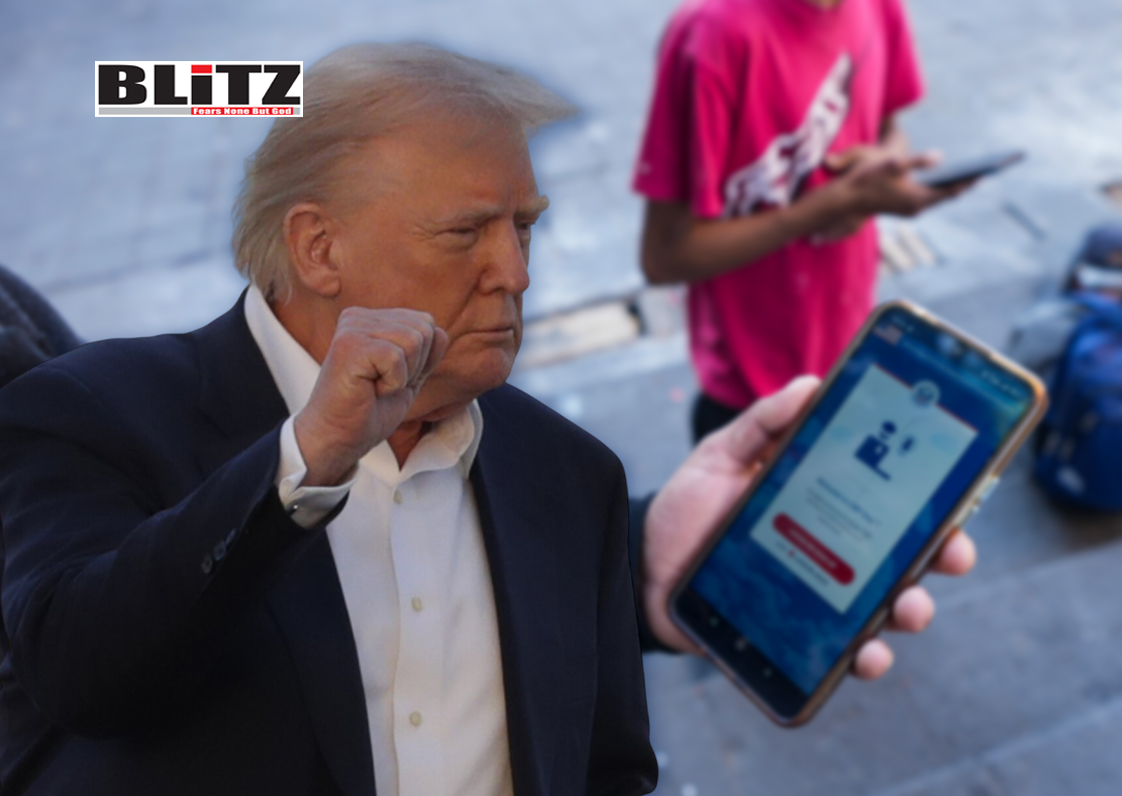
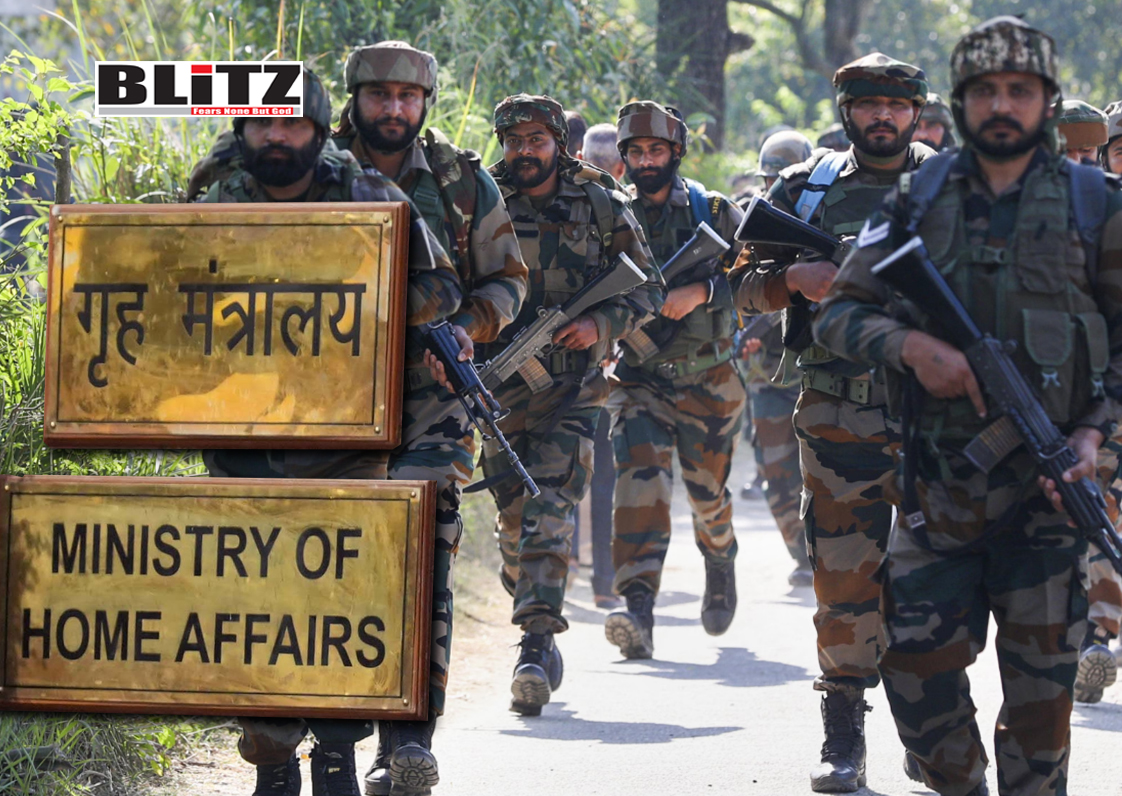

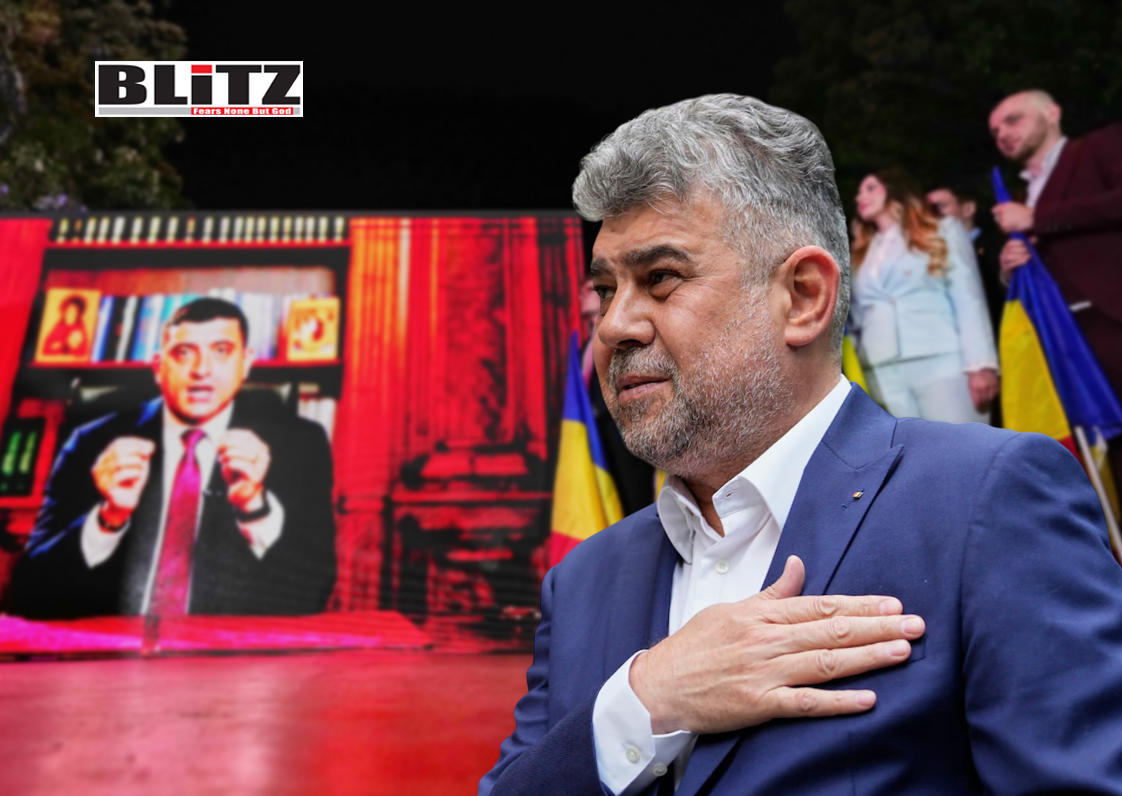



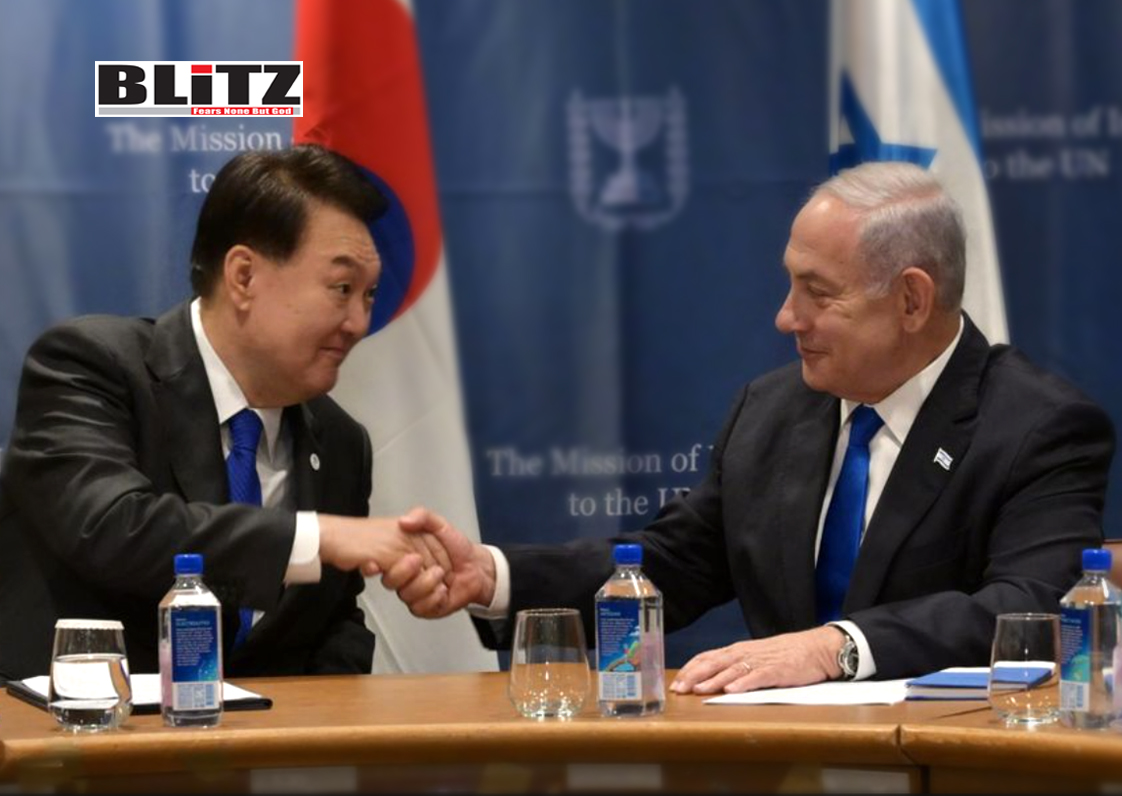


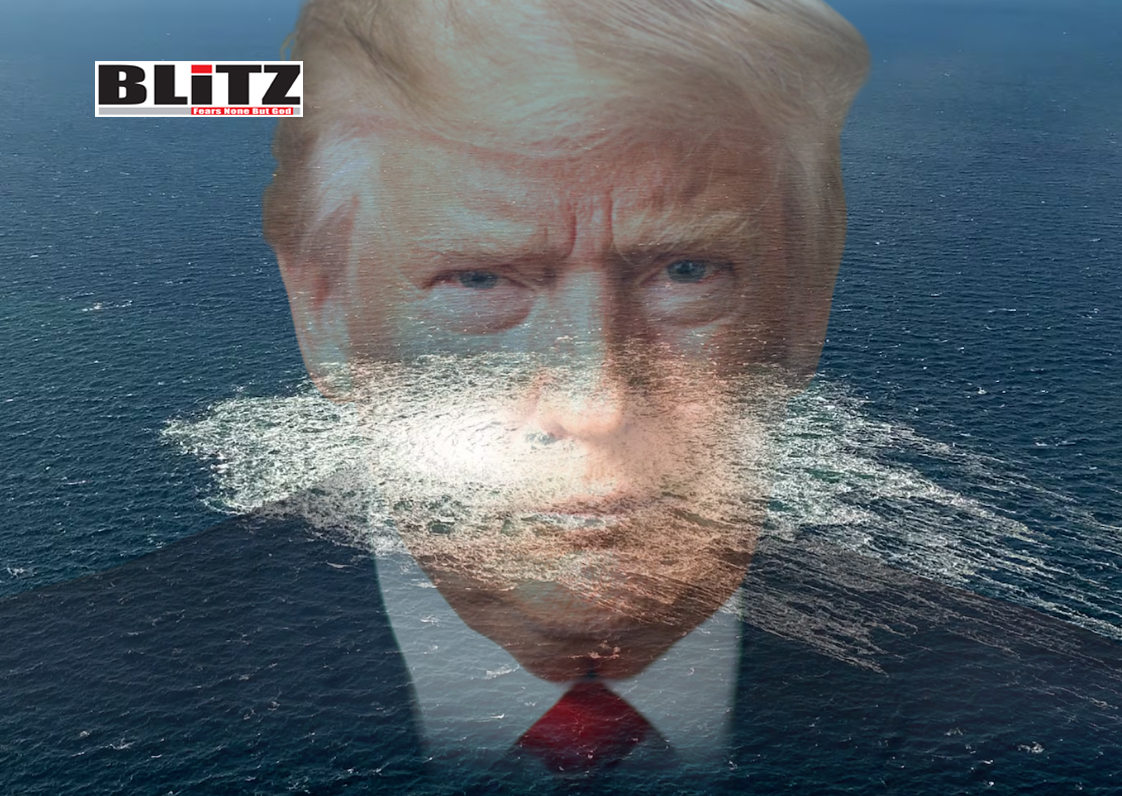
Leave a Reply